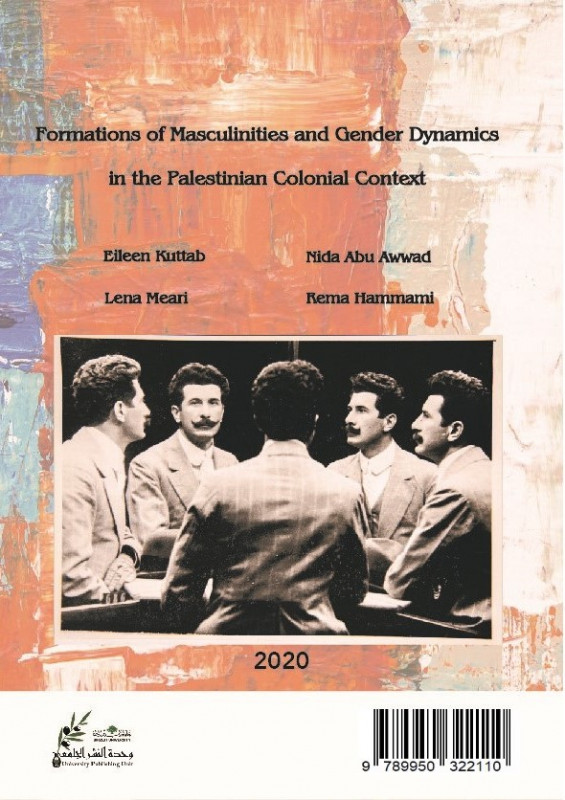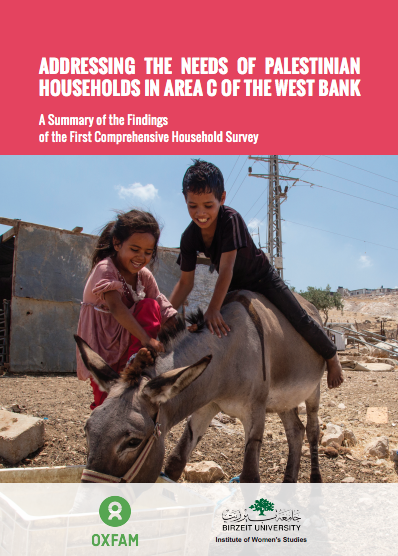The export agriculture in the Palestinian side of Jordan valley and its impact on women workers details pdf
Year: 2019
Author: Eman Assaf
Supervisor: Samia Al-Botmeh
Discussion Committee: Lena Meari & Amira Silmi
Abstract:
The central starting point of this thesis lies in the detection requirements of export agriculture in the Palestinian Jordan Valley, as a result of neoliberal economic policies, in the colonial and settlement context, effects on women working in this field. Many of the national literatures promoted the export agriculture as a development tool that would be an important economic lever, in addition to its role in employment and in alleviating unemployment.
These studies have not exhibited the reality of women and their working conditions, and have also missed the decline in the agricultural sector in terms of its contribution to GDP on the one hand, and its employment capacity on the other. Despite of the importance of the studies conducted on export agriculture and its effects on the agricultural sector in particular, and the economy in general, and its implications for the sovereignty over food of the citizens, these studies remain few, even rare.
In this research, I shall focus on the effects of neoliberal policies that supported and paved the way for heading towards the export agriculture and its expansion and the effects of this pattern of agriculture on Palestinian women workers and their families in the Palestinian Jordan Valley. Moreover, I am seeking to uncover the multi - aspects of exploitation of women, to understand shifts in their lives in export agriculture, and to explore and understand their work and family experiences as a heterogeneous group in terms of; age; dependency; education; and the nature of work, whether it is waged work or a family business.
Also, I am seeking to contribute to the debate on the role of export agriculture, by revealing economic, social and health issues related to the working conditions of women in this type of agriculture; exploring the motives for women's work, and examining other options and opportunities available to them as unemployment rates for women are high, in addition to the low level of educational of female workers in this agriculture in the colonial and settlement context and neoliberal economic policies. This deepened the involvement of domestic capital in the global economy. It has been a strong motivation for export[1]oriented agriculture, as well as shifts in agricultural patterns and patterns of women's work.
Accordingly, the research adopts the qualitative research methodology through conducting in-depth interviews with working women as 16 individual interviews were analyzed in which they related several stories about the forms of exploitation to which they are exposed at work. In addition to the women’s multi tasks at work, home and family affairs.
The research concluded that the export agriculture is based on the exploitation of working women in terms of conditions of work reflected in the long working hours; the denial of paid leaves, holidays and weekends, low wages against the working hours and the effort made; the lack of occupational safety and health requirements; the failure to provide treatment and compensation in case of work injury and occupational diseases, and denial of end-of-service rewards.
The severity of the said working conditions arise because the importer, his needs and the timing of his orders control the women workers in the packing centers on the one hand, and the maturation of the crop which is also subject to the desires of the importer on the other hand. Women workers in traditional agriculture have survived these exploitative and abusive conditions, as they are not subject to the needs and desires of the importer in their work.
On the other hand, the negative and sometimes destructive effects of this pattern of agriculture are manifested in the lives of women workers, the lives of their families and their children in general, particularly females who experience the deprivation of childhood, and who assume both the responsibilities of the father and mother in caring for young children, in addition to housework while fathers distance themselves from sharing these responsibilities.
Thus mothers are unable to meet the full family responsibilities, such as care (for children, persons with disabilities and the elderly), as well as housework. This is in addition to the children dropping out of school, either to help the family farm or to move with the family from one place to another, according to agricultural seasons. Export agricultural workers, their children and their families face another challenge, which lies in the threat of this type of agriculture, to the sovereignty of food for those workers, or to the peasants/women peasants who have moved to export agriculture, as farmers on their farms, or as peasants who diverted to waged laborers in this agriculture.
Download




